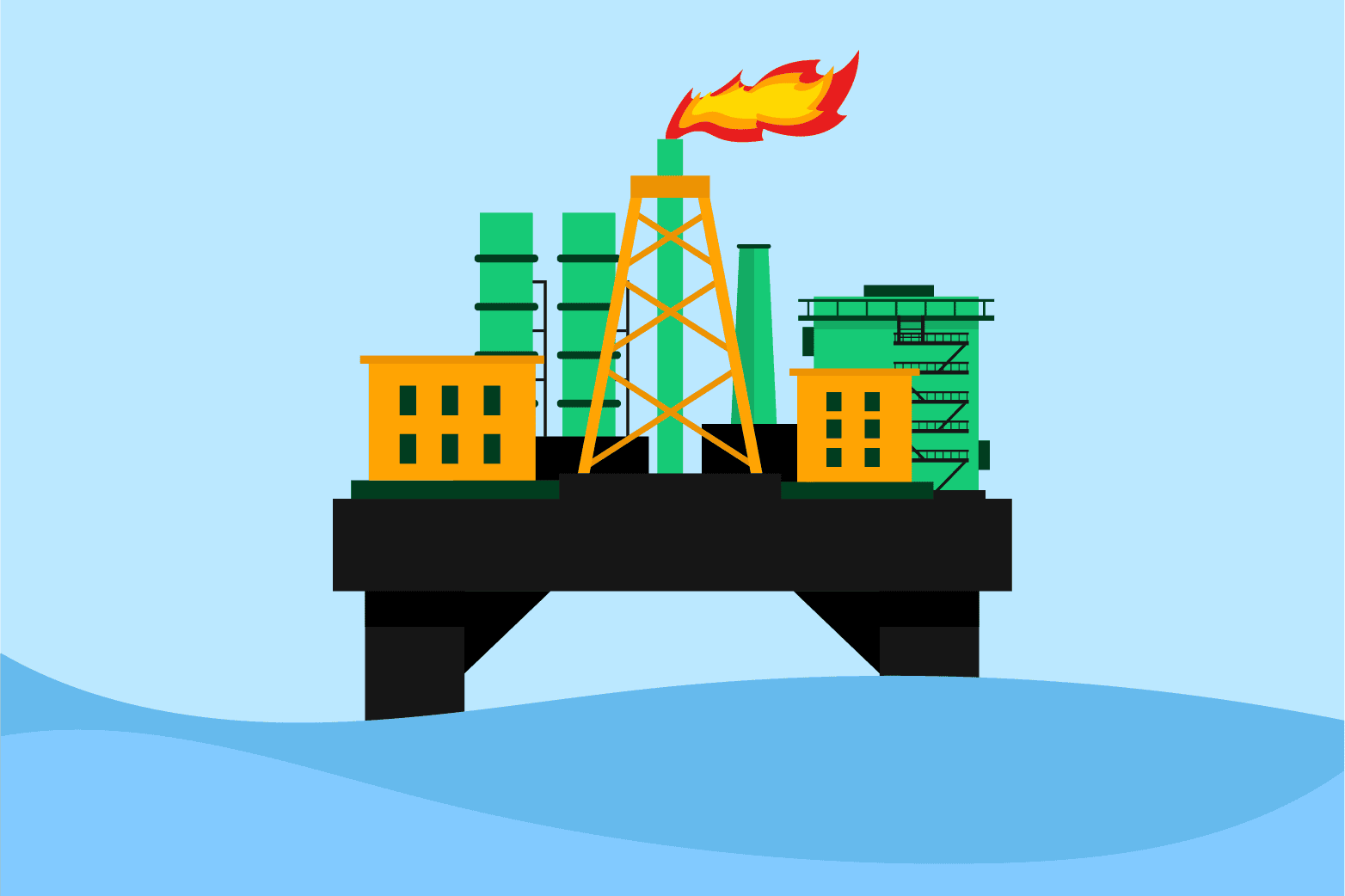
Oil and Gas
One of the primary dangers in the oil and gas industry is the presence of potentially flammable, toxic and explosive gases. Some of the most common toxic gases found in the industry are sulphur dioxide (SO2), hydrogen sulphide (H2S), carbon monoxide (CO), benzene (C6H6) and inert gases, such as nitrogen (N) and carbon dioxide (CO2). From Carbon dioxide gas detection tubes all the way to Benzene, we have it all! Ensuring workers are safe from the dangers of gases in any aspect of the Oil and gas industry.
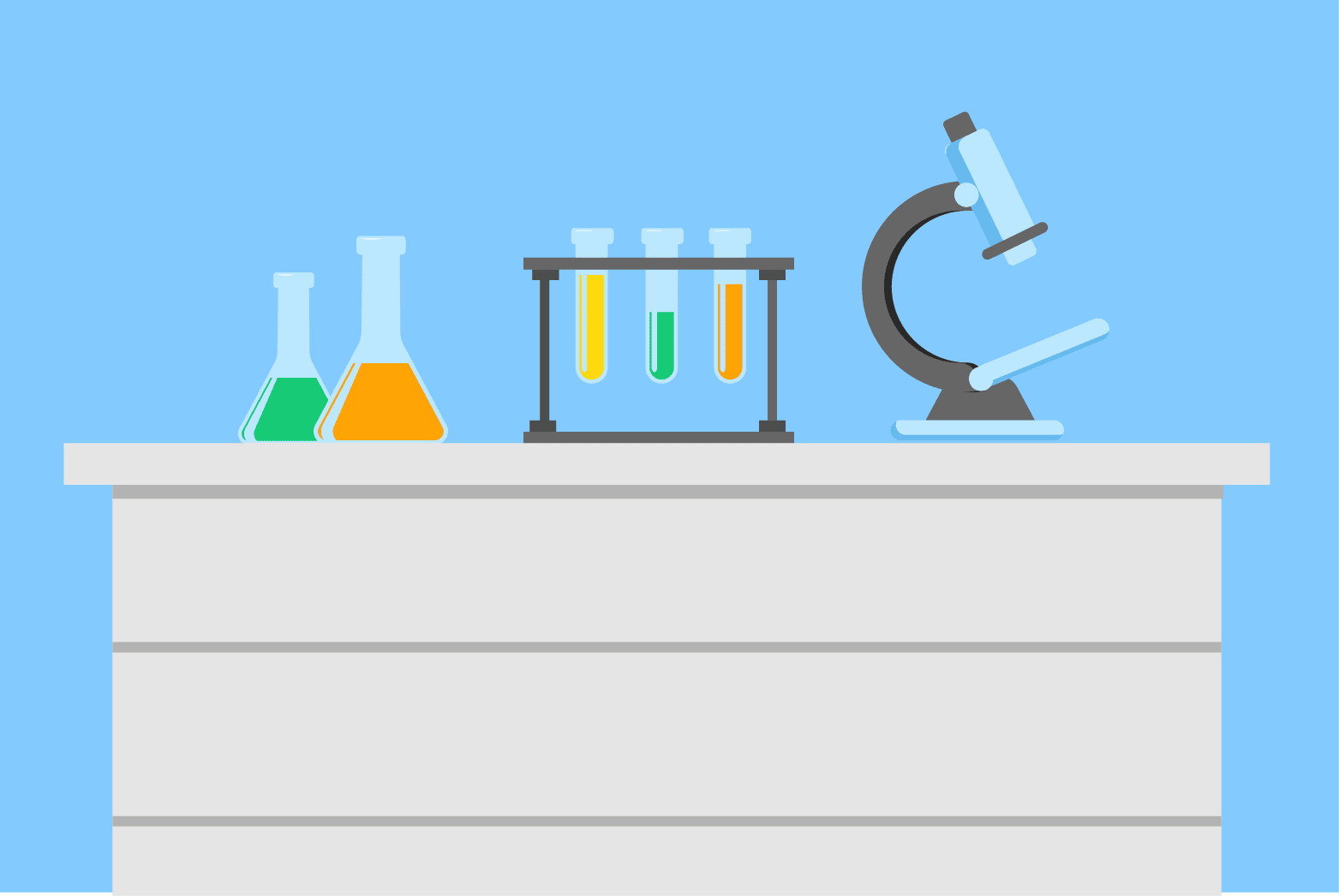
Science
Laboratories and pharmaceutical companies are significant users of gas detection tubes within their product tests and experiments. For example, Pharmaceuticals use tubes for compressed gas purity testing, monitoring for gas contaminants such as carbon dioxide, carbon monoxide, oil, water vapour and nitrogen dioxide. Gas detection tubes are ideal for this use, accurately showing the exact level of contaminants in compressed gas.
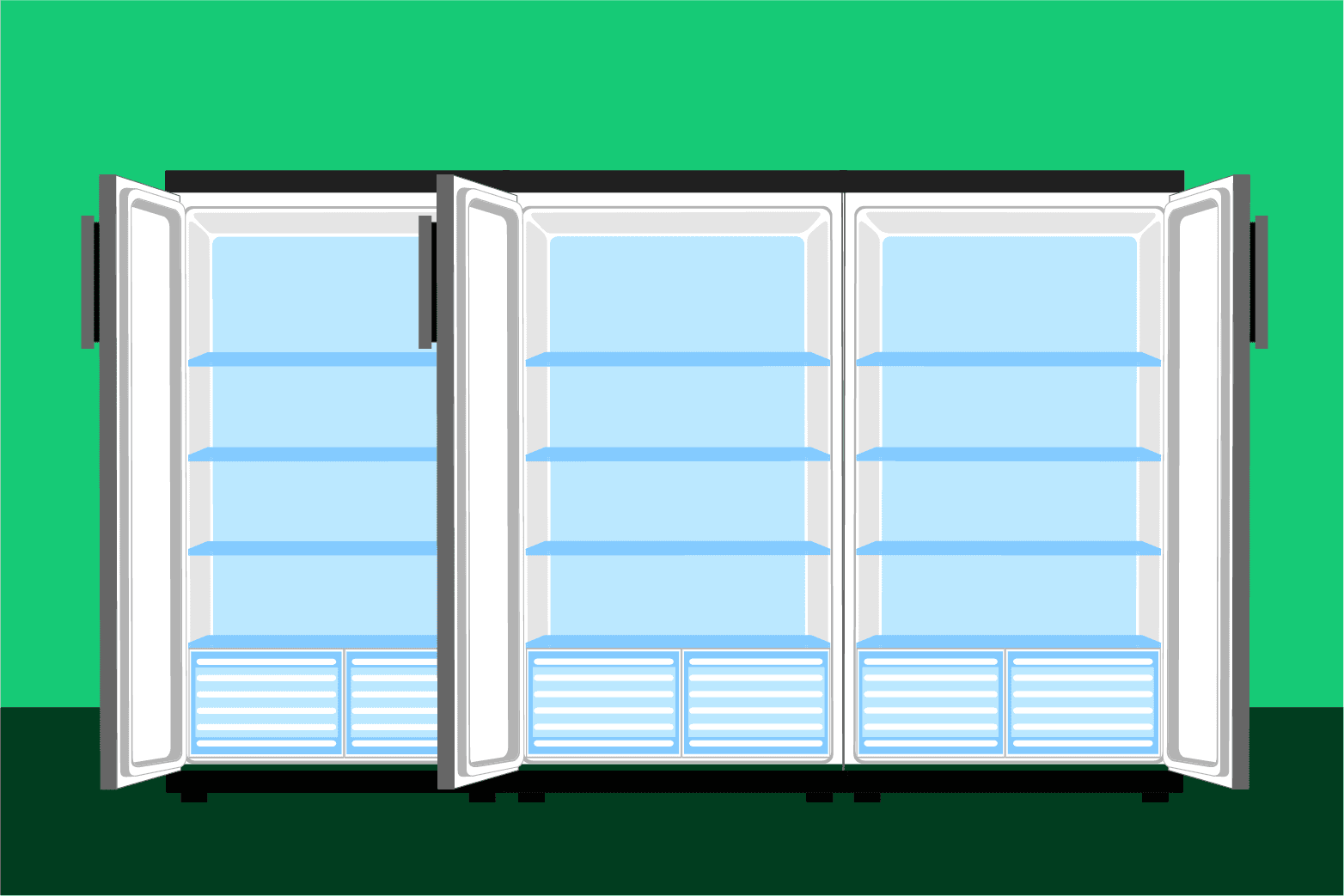
Food processing and protection
Food processing applications use a variety of industrial gases for the purpose of freezing, cooling, carbonating and sterilisation. Therefore, the most common gases that the industry will test for include phosphine, methyl bromide, sulfuryl fluoride, ammonia, carbon dioxide and chlorine. Easy gas tubes can provide a quick and reliable test to ensure that these dangers aren't presented to workers.
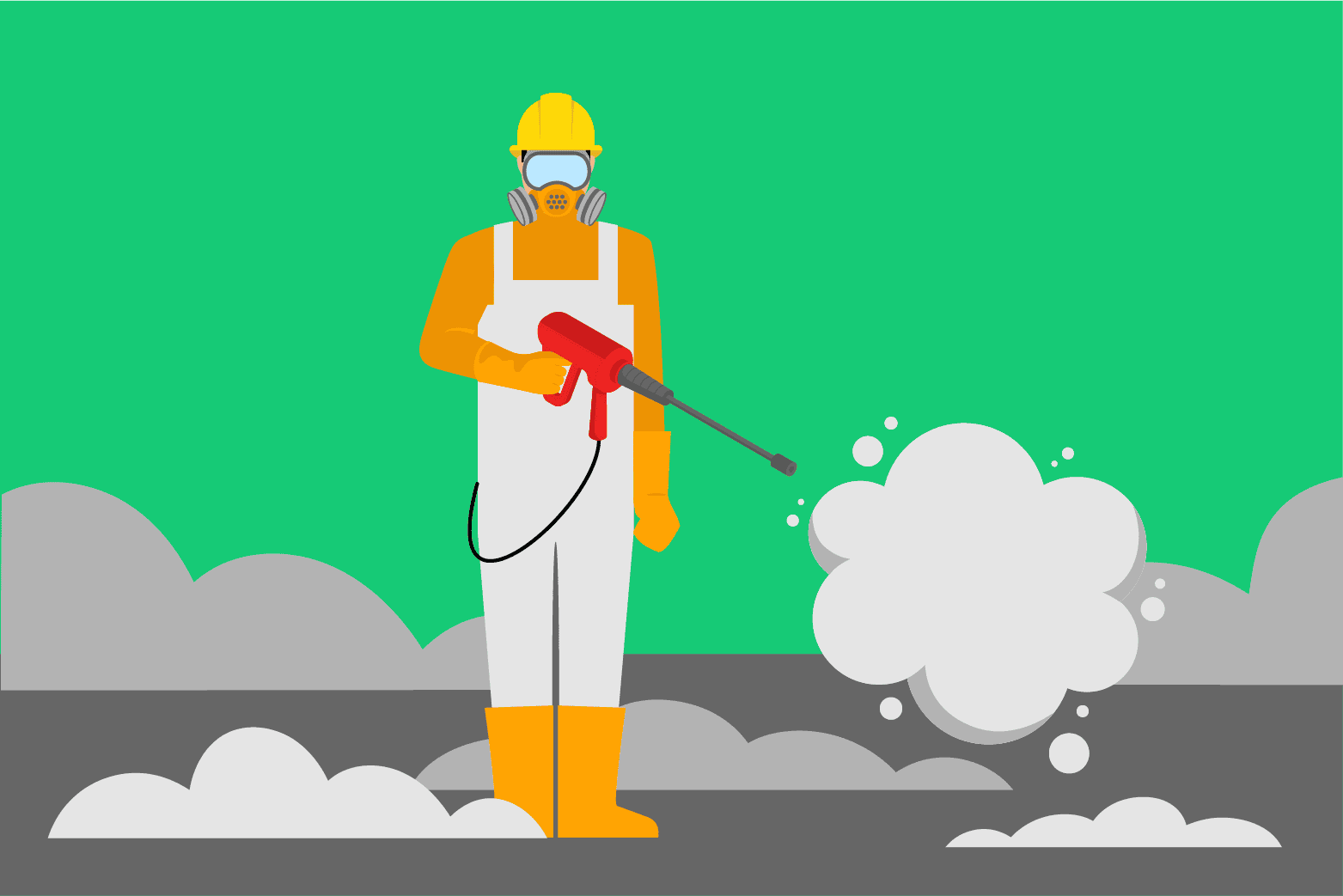
Fumigation
Fumigation is a method of pest control using pesticides (fumigants) in buildings, soil, grain or produce. Some fumigants include methyl bromide, phosphine, sulfuryl fluoride and mixtures of carbon tetrachloride and carbon disulphide. The detector tubes are key in controlling the gas levels in these environments to ensure that pests are dealt with, and danger does not come to workers or civilians using these products.
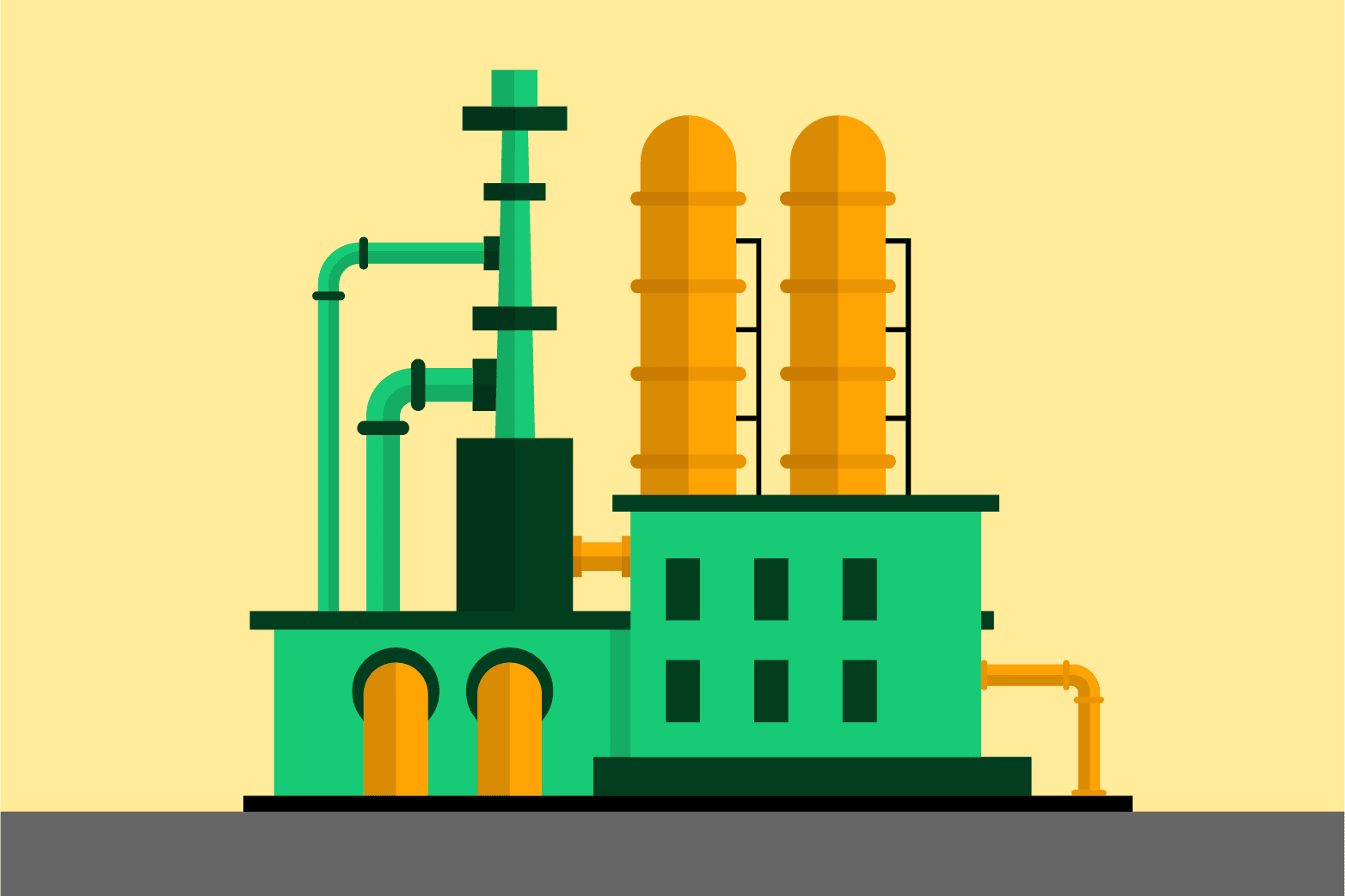
Petrochemical
Petrochemical plants and refineries implement detector tubes to check for gases such as hydrogen chloride, hydrogen fluoride, benzene, butadiene and petroleum hydrocarbons. We have a full range of tubes to support the Petrochemical industry with their needs.

Government agencies
Numerous government agencies, such as the armed forces and the navy, use tubular monitoring devices to protect from naturally occuring and man made hazards. Gas detection tubes provide workers in this area with continual awareness of the hazards around them with minimal training required, ensuring workers in this industry can get back to what's important.

Education
Universities have confined spaces, chemistry, biology and engineering labs with a variety of chemical hazards. These organisations may also have indoor air quality concerns in dormitories and classrooms. Detector tubes provide real-time sample measurements for hundreds of gases and vapours that could be present in laboratories as well as checking levels of carbon dioxide, ozone or formaldehyde in the indoor air.
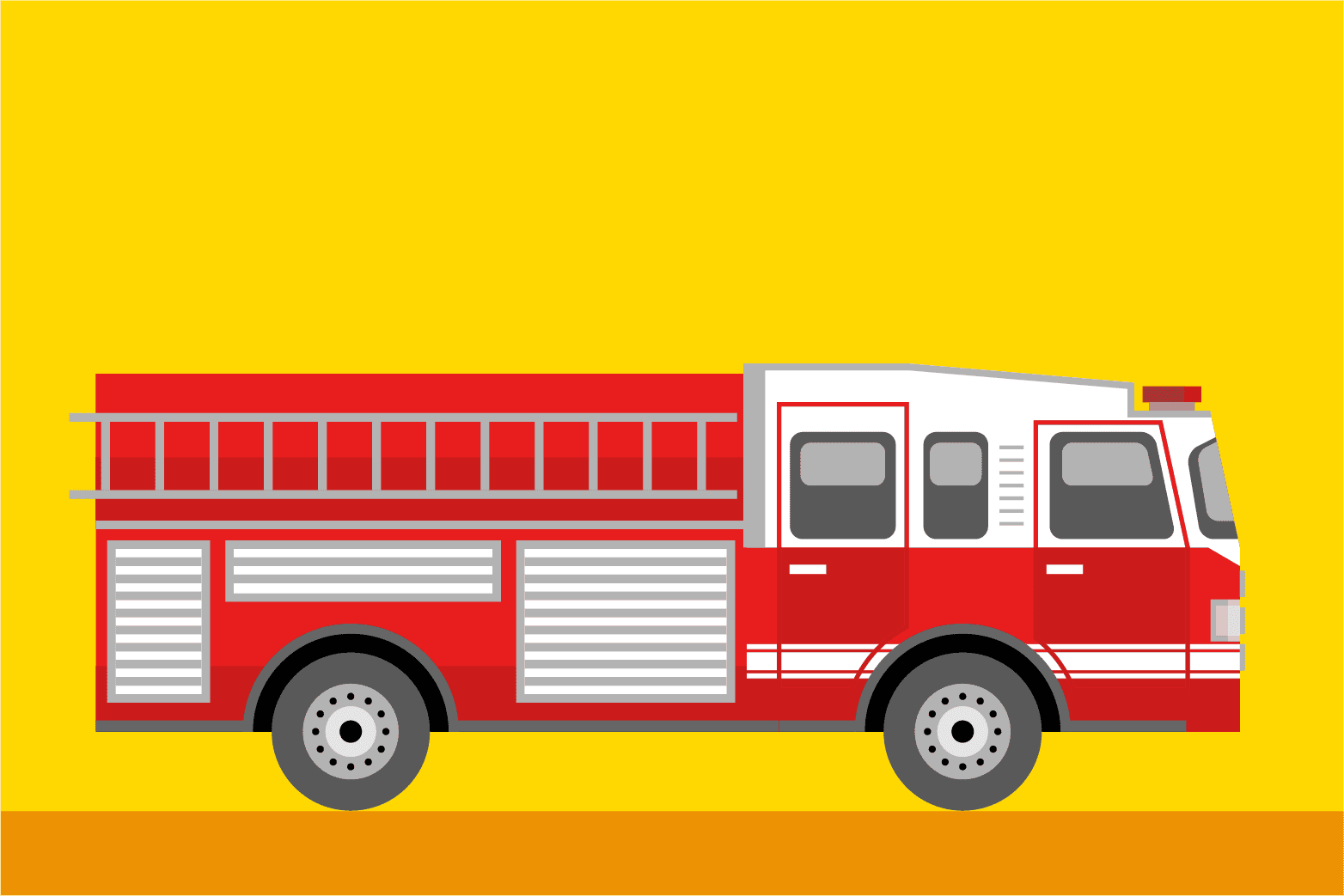
Emergency services
One of the most common uses of tubes in the emergency services is for maintaining the air quality for compressed air breathing apparatus. Our portfolio consists of tubes fit for this purpose as well as kits designed and created specifically for the fire services for applications such as arson investigation. Our tubes have been used widely in the emergency service industry, providing a reliable and accurate method of detection for those on the front lines.
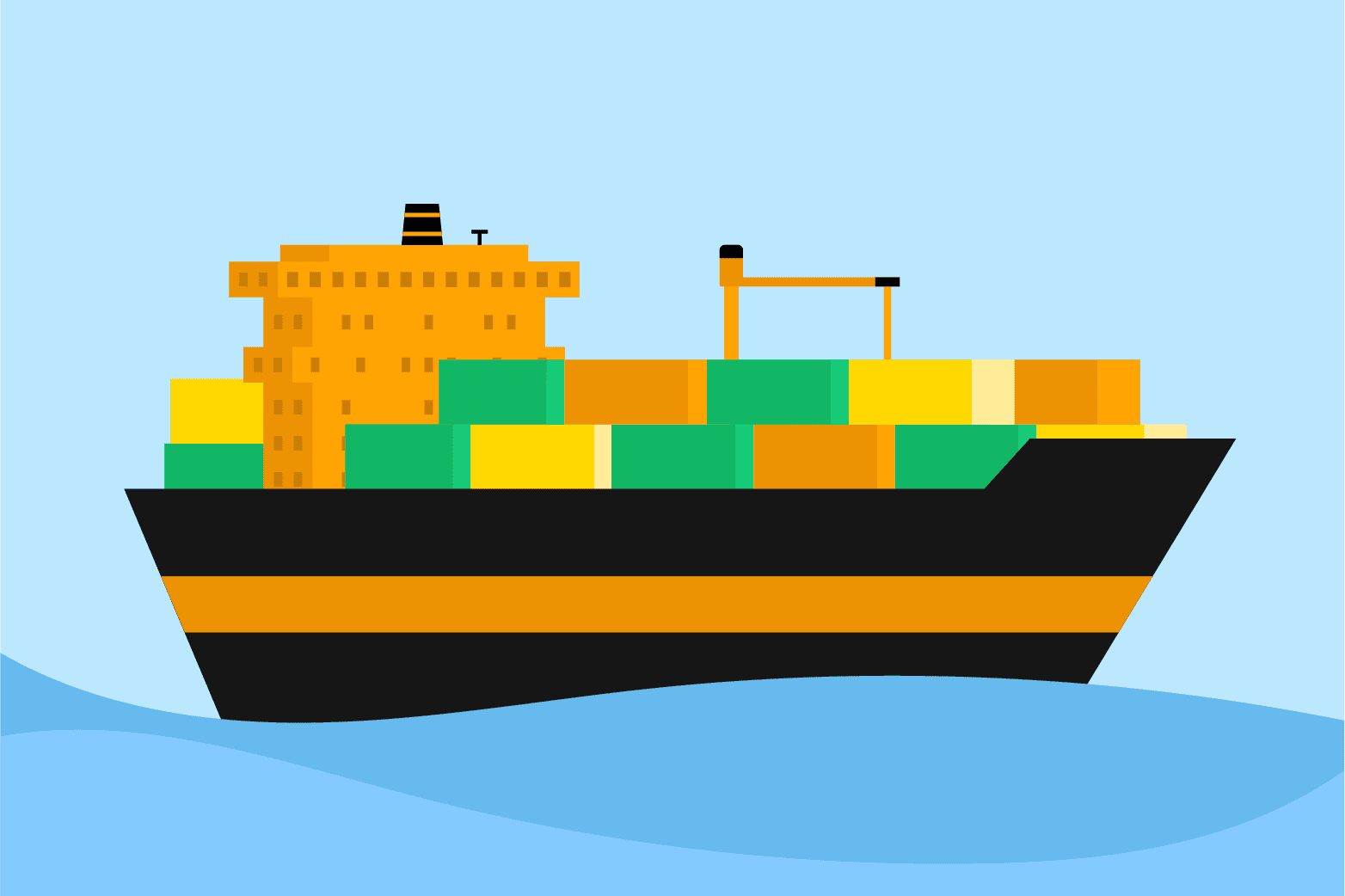
Shipping/Marine
The shipping industry typically use gas tubes to monitor goods such as food and petrol for a variety of reasons. Similarly to fumigation, perishables need to be fumigated to ensure pests aren’t transported with the goods. Meaning that these shipping containers may contain a number of toxic gases and vapours. It is important that these containers are tested using easy gas tubes before they are opened to workers and the public.
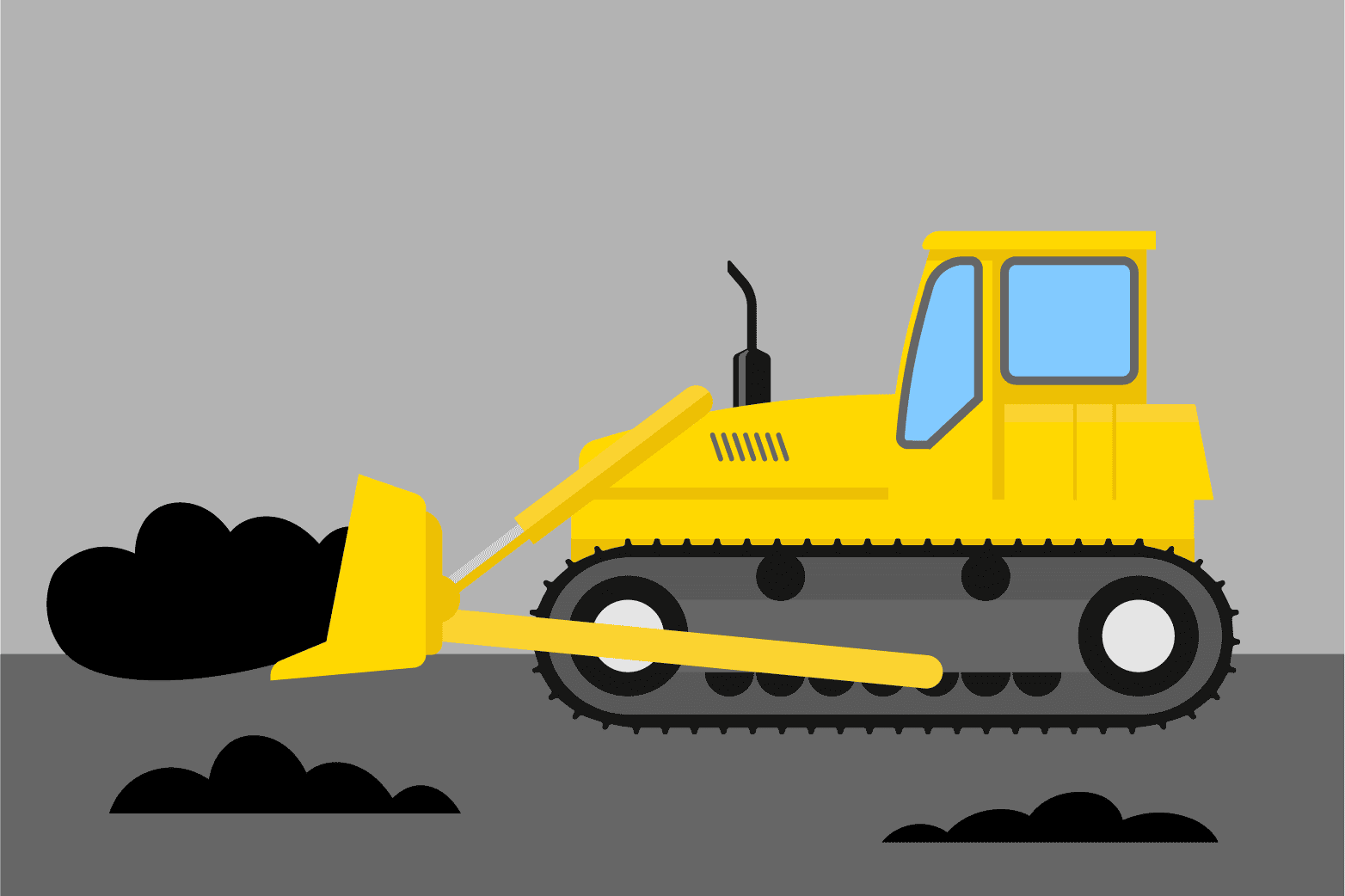
Environmental consultants & remediation
Environmental consulting and remediation firms utilise gas detection tubes for personal safety monitoring and sampling during field operations. For example, a variety of gas detection tubes can be used to check the chemical balance of soil to ensure the area is safe for construction or other uses. We can provide instrumentation and product support to all in this industry, including field technicians, environmental scientists, geologists, hydrogeologists, project managers, safety managers and industrial hygienists.

